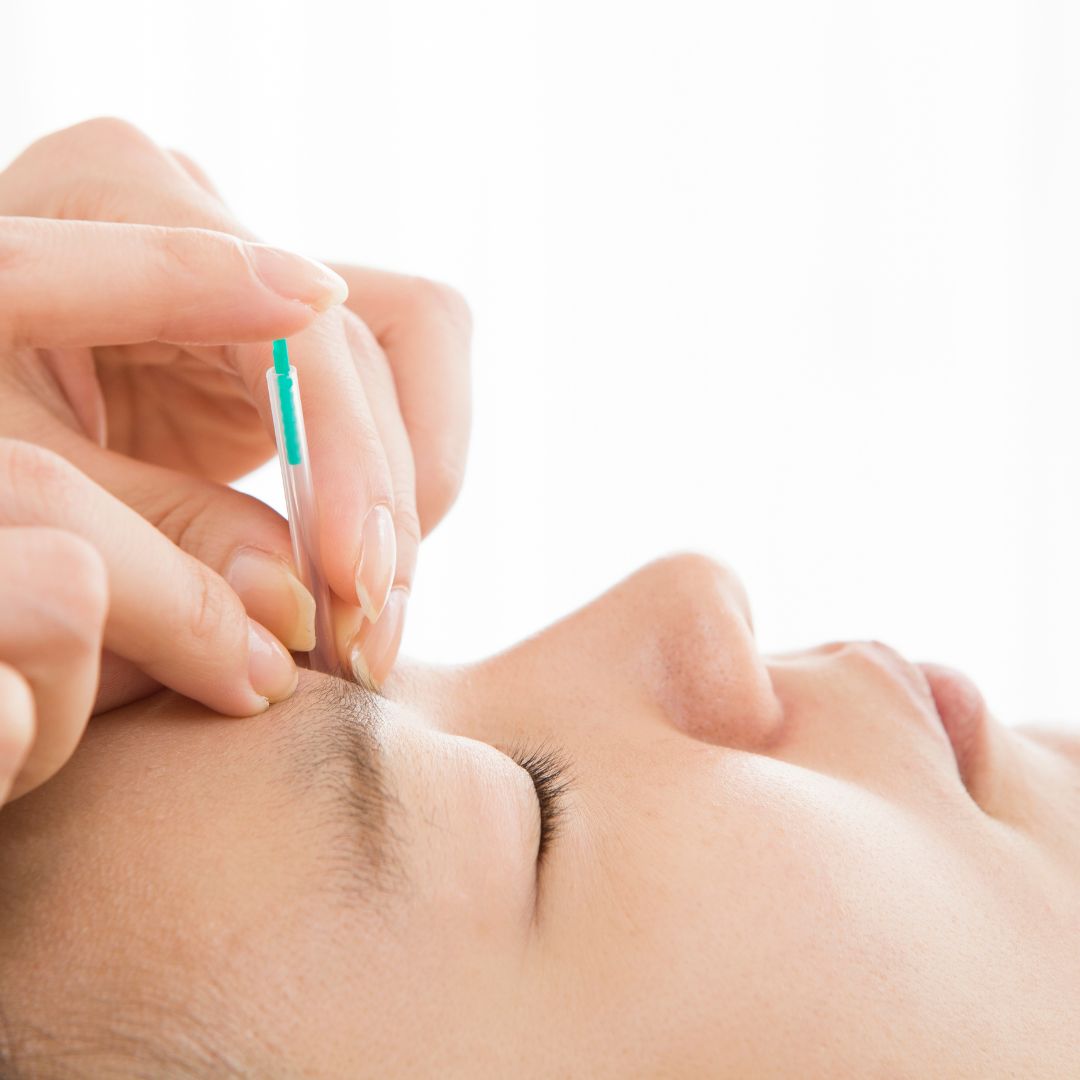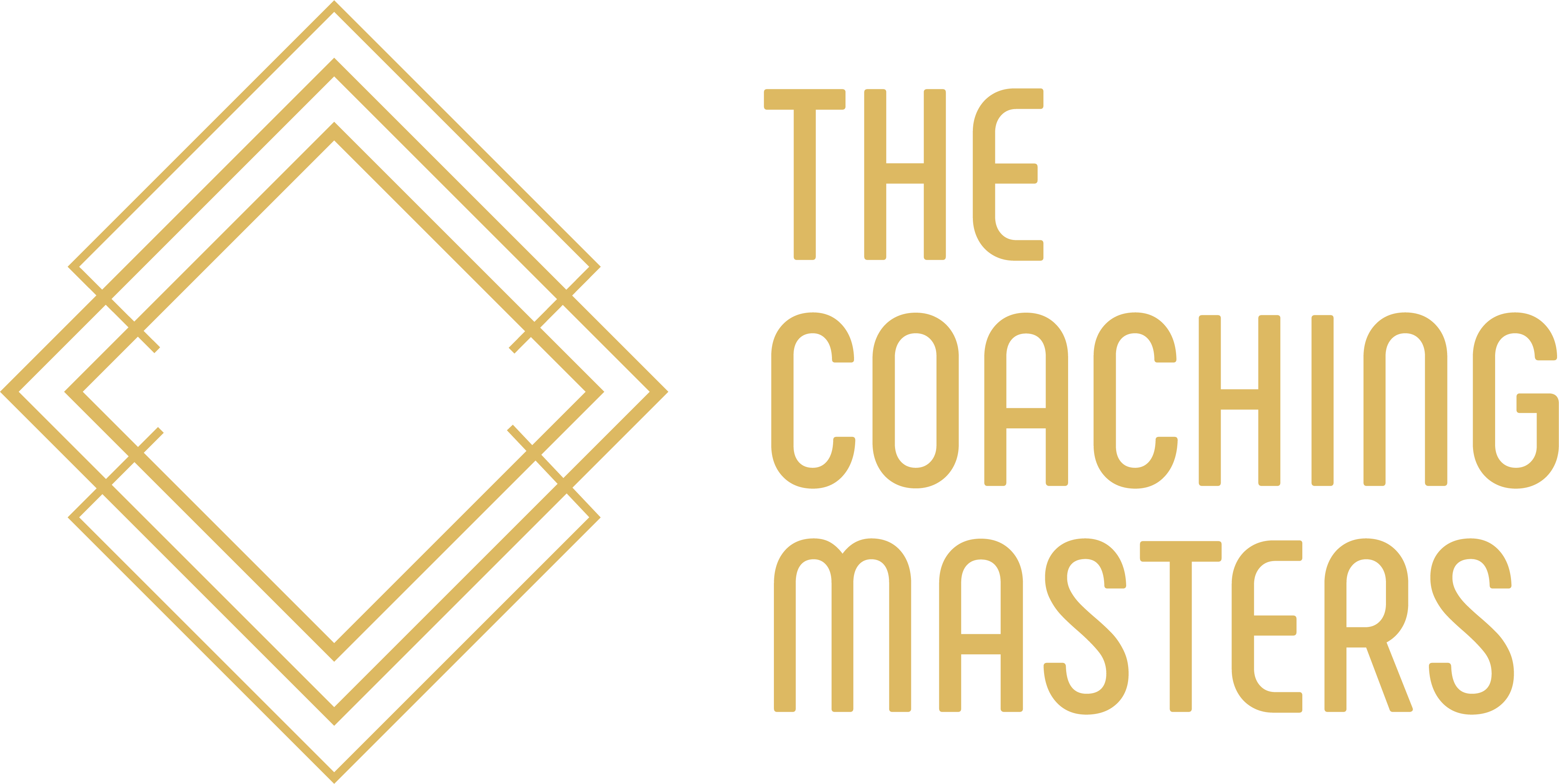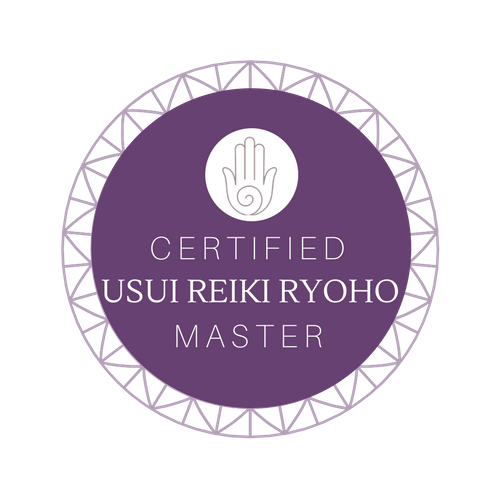Finding Lasting Relief: How Acupuncture Effectively Treats and Prevents Migraines

Understanding Migraines Through the Lens of Traditional Chinese Medicine (TCM)
In TCM, the body is seen as an interconnected system powered by the flow of Qi (pronounced “chee”), or life energy. This energy moves through invisible channels known as meridians. When Qi flows freely, the body maintains health and balance. However, disruptions—whether due to emotional stress, dietary imbalances, or environmental factors—can block or weaken this flow, leading to various health issues, including migraines.
From a TCM standpoint, migraines arise when Qi and blood become stagnant or imbalanced, especially around the head. This can result from internal factors like liver Qi stagnation or external influences such as changes in weather. Acupuncture helps correct these imbalances by stimulating specific points on the body’s meridians. By doing so, it restores harmony and circulation, relieving the pressure and tension believed to contribute to migraine pain.
The Modern Science Behind Acupuncture’s Effectiveness for Migraines
While TCM offers a holistic, energetic view of healing, modern research is beginning to uncover the physiological mechanisms that make acupuncture effective for migraines. Studies suggest that acupuncture affects the central nervous system, altering the release of key neurotransmitters such as serotonin, dopamine, and endorphins—all of which play a role in how we perceive pain and regulate mood.
Serotonin, in particular, has a significant connection to migraines. Imbalances in serotonin levels can lead to the dilation and constriction of blood vessels in the brain, a known trigger for migraine attacks. By stimulating certain acupuncture points, practitioners can help balance serotonin levels, reducing the frequency and intensity of migraine episodes.
Acupuncture also activates the parasympathetic nervous system—commonly known as the "rest and digest" system—which helps relax muscles, lower stress, and improve blood flow. This not only helps in relieving acute migraine pain but can also prevent future attacks when done regularly.
Real-Life Results: How Acupuncture Changes Lives
For people who suffer from chronic migraines—sometimes experiencing attacks 15 to 20 days per month—acupuncture can be transformative. Clinical trials and patient testimonials alike point to a significant reduction in the number of migraine days after consistent acupuncture treatment. In many cases, patients report experiencing migraines only a few times a month after undergoing a series of sessions, drastically improving their ability to work, socialize, and enjoy daily life.
Another major advantage is the reduced reliance on medication. While drugs can provide temporary relief, long-term use often comes with side effects such as drowsiness, gastrointestinal issues, or even medication-overuse headaches. Acupuncture provides a non-invasive, drug-free alternative that not only treats symptoms but addresses the root causes of migraines.
Patients also report fewer missed days at work, enhanced mental clarity, and an improved sense of well-being. With the growing emphasis on mental health and quality of life, acupuncture’s ability to treat both physical and emotional triggers of migraines—such as stress and anxiety—makes it a comprehensive and appealing option.
The Individual Nature of Acupuncture Treatment
Just as no two migraine sufferers are alike, acupuncture treatments are highly individualised. Practitioners conduct thorough assessments, asking about lifestyle, sleep, diet, emotional well-being, and more. Based on this holistic evaluation, they develop a tailored treatment plan, selecting acupuncture points that align with the patient’s unique energetic imbalances.
For some people, benefits may be noticeable after just one or two sessions. Others may need ongoing treatments, especially if migraines have been a long-standing issue. Many acupuncturists recommend beginning with weekly sessions and gradually tapering off as the condition improves.
This patient-specific approach is particularly helpful for individuals whose migraines are triggered by hormonal shifts, emotional stress, or digestive imbalances—areas where Western medicine often offers limited or symptom-based solutions.
Safety, Side Effects, and Choosing a Qualified Practitioner
One of the most compelling reasons to consider acupuncture is its safety profile. When performed by a qualified, licensed practitioner, acupuncture is minimally invasive and virtually free from significant side effects. The needles are hair-thin and designed to be painless. Most people report only a mild tingling or a feeling of warmth at the insertion points. Many even find the experience deeply relaxing.
Minor side effects—like slight bruising or temporary soreness—may occur, but these are rare and short-lived. Serious complications, such as infections or internal injuries, are extremely uncommon and typically arise only when treatment is performed by unlicensed or inexperienced practitioners.
For your safety, always choose a certified professional accredited by a respected organization, such as the National Certification Commission for Acupuncture and Oriental Medicine (NCCAOM) or your country’s equivalent. Licensed practitioners adhere to strict hygiene standards, using sterile, single-use needles to prevent any risk of contamination or injury.
Enhancing Acupuncture’s Benefits Through Lifestyle Changes
While acupuncture can dramatically reduce migraine frequency and severity, its effectiveness is even greater when combined with lifestyle changes. Many common migraine triggers—such as poor sleep, dehydration, hormonal fluctuations, and high stress levels—can be managed through mindful habits and self-care.
Stress management is key. Techniques like meditation, deep breathing, tai chi, and yoga can work synergistically with acupuncture to regulate the nervous system and prevent tension from building. Maintaining a consistent sleep schedule, staying hydrated, and avoiding known dietary triggers like caffeine, alcohol, and processed foods are also essential.
Gentle exercise—such as walking, swimming, or light cycling—can improve circulation and reduce stress hormones, further supporting your acupuncture treatments. Many acupuncturists also incorporate dietary advice, herbal medicine, or cupping therapy as part of a comprehensive approach to migraine management.
Insurance Coverage and Accessibility of Acupuncture
Acupuncture has become more accessible in recent years, with many health insurance providers recognizing its therapeutic value. Some plans now cover acupuncture as part of a holistic healthcare package, especially for chronic pain conditions like migraines.
However, coverage varies widely depending on your provider, policy, and geographic location. It's important to review your insurance plan or contact your healthcare provider to understand your benefits. Some clinics offer sliding scale fees or wellness packages, making regular treatments more affordable for those paying out of pocket.
Who Should Consider Acupuncture?
Acupuncture is an excellent option for anyone looking to reduce their dependency on medication, avoid side effects, or explore a more holistic approach to wellness. It's especially suited for people who:
- Suffer from frequent or chronic migraines
- Experience medication-overuse headaches
- Prefer drug-free treatment options
- Have stress, hormonal imbalances, or lifestyle-related triggers
- Are interested in a more personalized, whole-body healing approach
Of course, it’s always wise to consult with your primary healthcare provider before beginning any new treatment, especially if you have existing health conditions or are pregnant.
In Summary: A Natural, Holistic Path to Migraine Relief
Migraines can take a massive toll on one’s quality of life, but relief doesn’t always have to come from a pill bottle. Acupuncture offers a time-tested, research-backed alternative that not only alleviates migraine symptoms but addresses the root causes behind them. By improving circulation, regulating neurotransmitters, and promoting balance throughout the body, acupuncture empowers patients to take control of their health in a gentle, natural way.
Whether you're dealing with occasional migraines or a chronic condition, acupuncture could be the missing piece in your healing journey. When combined with healthy lifestyle changes and regular self-care, this ancient practice has the power to bring not just symptom relief—but renewed vitality, resilience, and peace of mind.
Click the link below to book your free clarity call or free virtual coffee chat.
Grab a copy of our newletter by completing the form below, this will then be sent to your inbox every month.
My Affirmation For The Week
"Creativity is contagious. Pass it on."









